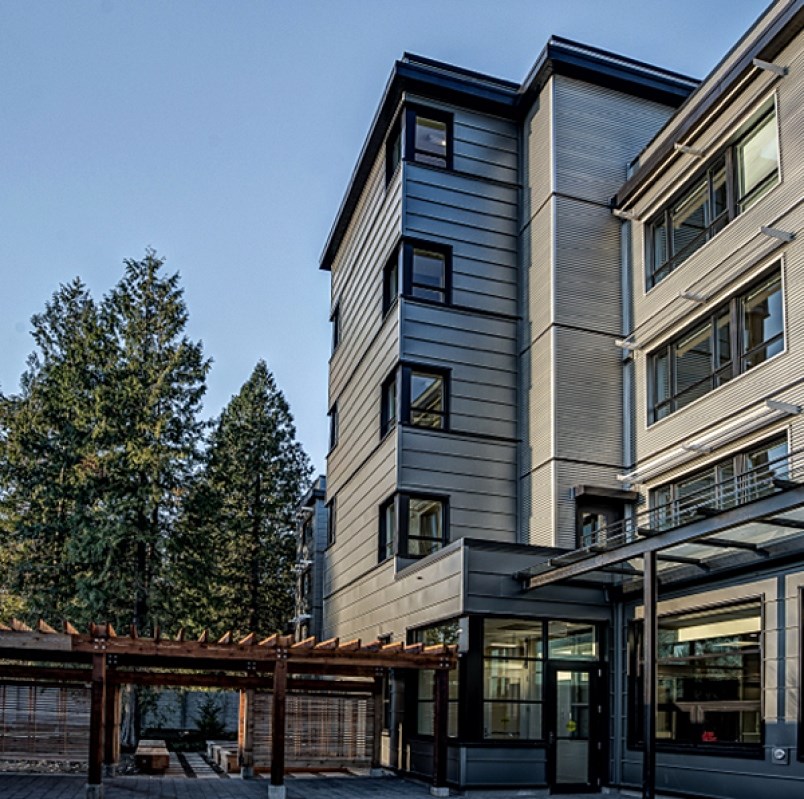A task force is being set up by the city of Coquitlam to address some of the issues and community impacts arising from the homeless shelter at 3030 Gordon Ave.
According to a report to council, the new advisory committee will monitor activity at the facility and ensure that BC Housing and shelter operator RainCity Housing are meeting the requirements of their Good Neighbour Agreement.
Coun. Chris Wilson, the task force chair, said its objective is to ensure impacts to the community are minimized.
“We are all committed to making the shelter work as best we can,” he told The Tri-City News Monday. “None of us want to have the shelter close down. We all want it to be very successful and make a difference in our community.”
The terms of reference for the task force state that all recommendations that come from the committee will have to be approved by Coquitlam council, similar to other city advisory committees. The meetings will also incorporate input from Port Coquitlam council while liaising with BC Housing and RainCity.
The creation of the task force was agreed to several months ago following meetings between the city and the shelter operator, Wilson said. He added that while there have been some improvements at 3030 Gordon since it opened in December 2015, there is still work that can be done to mitigate the impacts on the neighbourhood.
“I think everybody knew there would be some growing pains,” he said. “Things have continued to in some ways get better and, in some ways, not necessarily get better.”
The facility is staffed around the clock and offers 30 private rooms year-round plus another 30 emergency shelter beds in a dorm room during the winter months. There are also 30 transitional housing units on the site.
Some city councillors have argued that while the facility was intended to be a shelter for homeless people, it has taken on more of a harm-reduction role for drug addicts and people struggling with mental health issues.
Coun. Terry O’Neill said he supports the shelter but is concerned it has veered from the mandate that was first presented to the city and the community.
“It became a real harm-reduction centre,” he said. “That was a surprise to everybody on council. It is not just a place where drug use is tolerated in the privacy of your room. It also became a place that facilitated all sorts of harm-reduction strategies.”
But O’Neill added that the shelter has always been low barrier and that drug use at the facility was expected. He also noted that overdose deaths are less common when people are in facilities “where they can get help and are supervised rather than alone in the woods.”
O’Neill said he has heard concerns in the community about needles left in the area, homeless people loitering in the neighbourhood and the facility attracting what he called “unsavoury characters.”
He added that the creation of the task force will put a formal structure in place to ensure the community impacts stemming from the shelter are minimized.
@gmckennaTC



